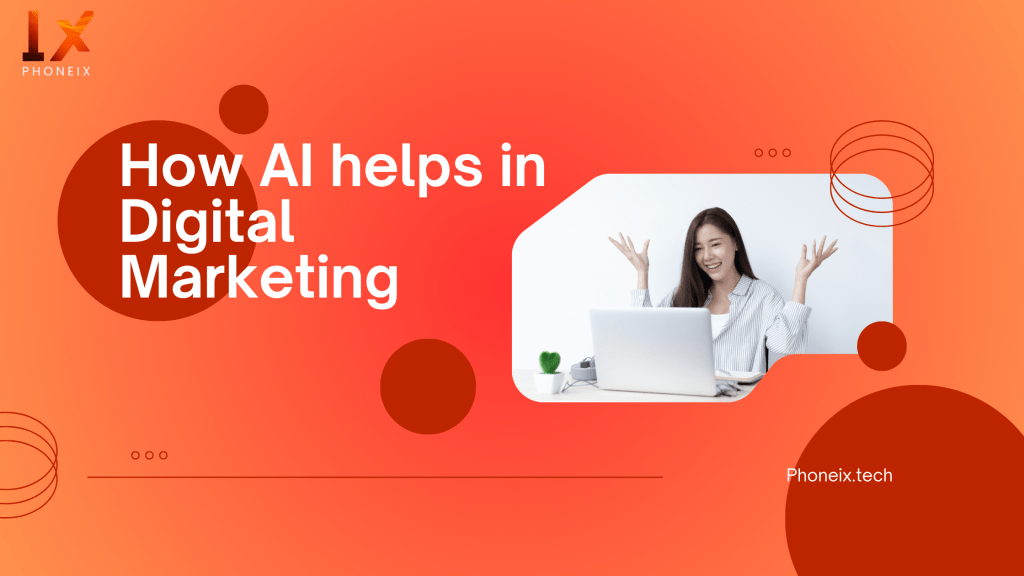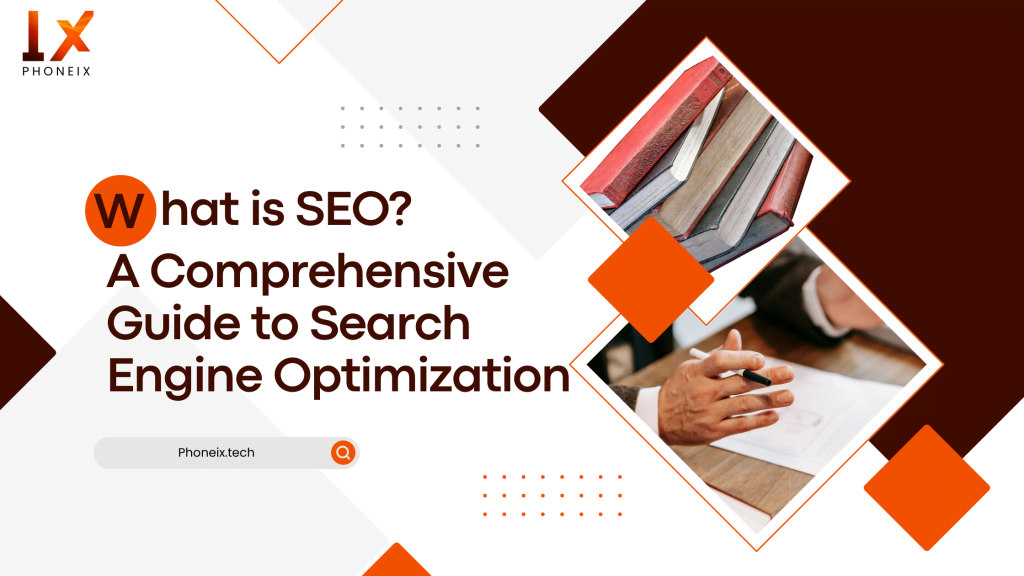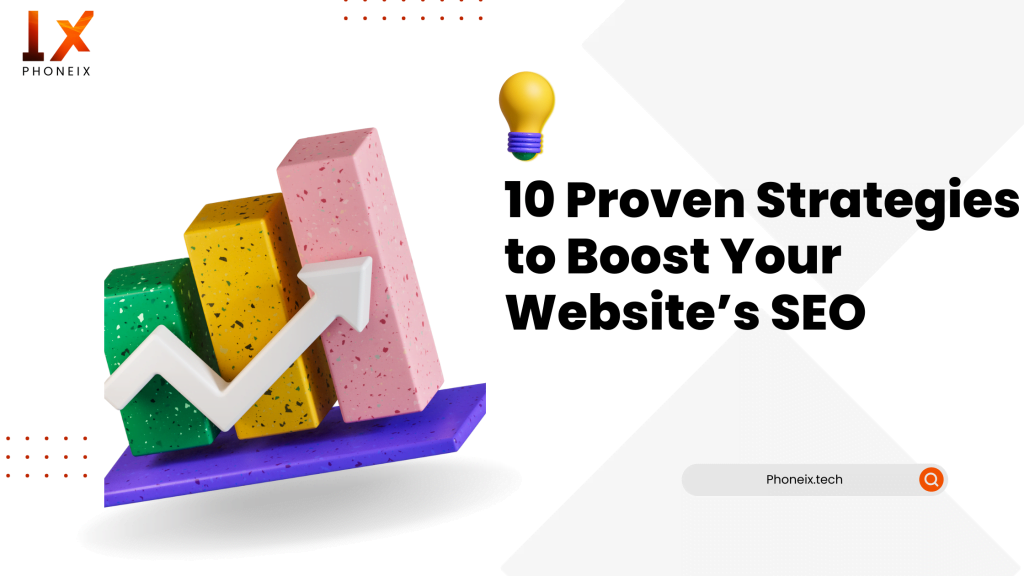
Table of Contents
- Introduction
- Understanding AI in Digital Marketing
- 2.1 What is Artificial Intelligence (AI)?
- 2.2 The Intersection of AI and Digital Marketing
- Personalized Customer Experiences
- 3.1 AI-Driven Content Recommendations
- 3.2 Targeted Advertising Campaigns
- Data Analysis and Insights
- 4.1 Predictive Analytics
- 4.2 Customer Behavior Analysis
- Streamlining Marketing Operations
- 5.1 Automated Email Marketing
- 5.2 Chatbots for Customer Support
- Enhancing SEO Strategies
- 6.1 Natural Language Processing (NLP)
- 6.2 Content Optimization and Keywords
- Social Media Management
- 7.1 AI-Powered Social Listening
- 7.2 Content Scheduling and Posting
- Improving ROI and Campaign Effectiveness
- Ethical Considerations in AI-Driven Marketing
- Challenges and Future Trends
- Case Studies: Successful AI Implementation in Digital Marketing
- FAQs
- Conclusion
Introduction
Understanding AI in Digital Marketing
What is Artificial Intelligence (AI)?
The Intersection of AI and Digital Marketing
Personalized Customer Experiences
AI-Driven Content Recommendations
Targeted Advertising Campaigns
Data Analysis and Insights
Predictive Analytics
Customer Behavior Analysis
AI tools delve deep into customer behavior, providing invaluable insights into what motivates purchases, engagement patterns, and areas for improvement.
Streamlining Marketing Operations
Automated Email Marketing
Chatbots for Customer Support
Enhancing SEO Strategies
Natural Language Processing (NLP)
Content Optimization and Keywords
Social Media Management
AI-Powered Social Listening
Content Scheduling and Posting
Improving ROI and Campaign Effectiveness
Ethical Considerations in AI-Driven Marketing
While AI offers immense potential, it’s crucial to consider ethical implications. Transparency, privacy, and fairness must be at the forefront of any AI-driven marketing strategy.
Challenges and Future Trends
As AI continues to evolve, marketers must stay abreast of emerging trends and challenges. Adapting to new technologies and consumer behaviors will be essential for continued success.
Case Studies: Successful AI Implementation in Digital Marketing
Real-world examples of companies leveraging AI in their marketing efforts provide valuable insights into best practices and strategies for implementation.
FAQs:
How can AI enhance customer engagement in digital marketing?
Are there any risks associated with relying heavily on AI in marketing strategies?
What industries stand to benefit the most from AI-driven marketing?
What do I do if there are errors in my XML Sitemap?
If you encounter errors during validation, review the corresponding URLs and rectify any issues with their structure or metadata.
How can small businesses incorporate AI into their marketing efforts?
What are some key considerations for ethical AI use in marketing?
Conclusion
Optimize Your Online Presence Today
Convey a collaborative approach, emphasizing that you'll work closely with them to create a tailored SEO strategy.
Get Started!

